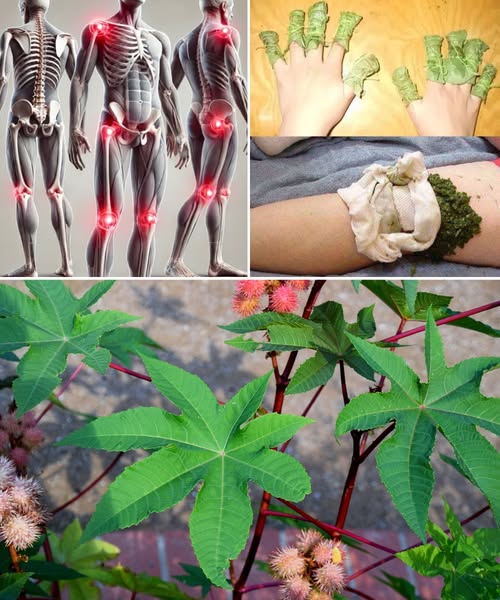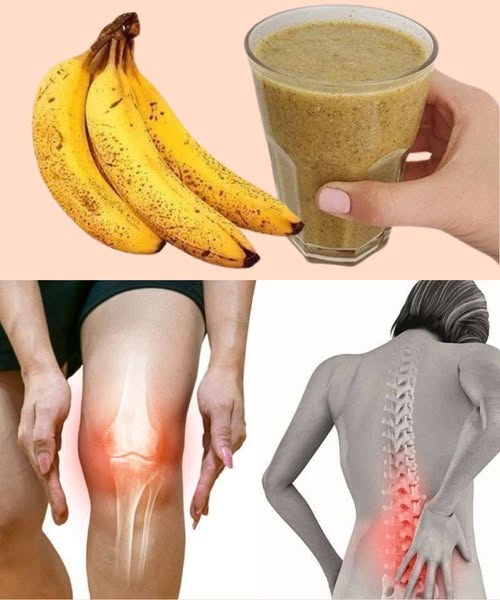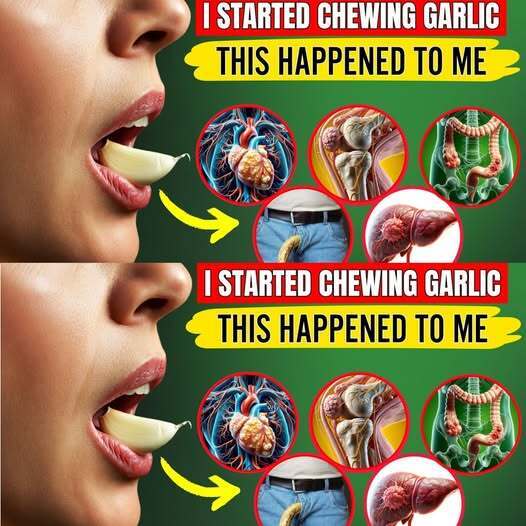Introduction
Every day, millions of homeowners and gardeners unknowingly toss away a plant that has been used for centuries as food, medicine, and even a source of wealth. It grows freely in gardens, cracks of sidewalks, and backyards, often dismissed as an annoying weed. But what if recognizing this plant could be like striking gold right outside your doorstep?
This article uncovers the fascinating truth behind one of the most underrated plants in the world: the dandelion. Often seen as a pesky intruder on perfectly trimmed lawns, the dandelion is in fact a nutritional powerhouse, a natural healer, and even a profitable crop in certain industries.
In this blog, we’ll explore why you should think twice before pulling this plant out, how you can use it, and the surprising value it holds. We’ll also answer common questions about its uses, benefits, and potential risks. By the end, you’ll see the dandelion in a completely new light.
Why the Dandelion Is More Valuable Than It Looks
1. A Nutritional Powerhouse
The dandelion is not just another weed—it’s a superfood hiding in plain sight. According to the U.S. Department of Agriculture (USDA), dandelion greens are loaded with:
- Vitamin A: More than spinach and carrots.
- Vitamin C: Supports immunity and skin health.
- Vitamin K: Critical for bone strength and blood clotting.
- Iron, Calcium, Magnesium, and Potassium: Essential minerals for energy and overall wellness.
In fact, 100 grams of fresh dandelion greens contain more calcium than a glass of milk. That makes it a cost-free, nutrient-dense food source many people overlook.
2. Natural Medicine in Your Backyard
Traditional medicine has recognized dandelions for centuries. From China to Europe, this plant has been used for its healing abilities. Modern science is beginning to confirm many of these claims:
- Liver Health: Dandelion root is often used in detox teas to support liver function.
- Digestive Aid: Its bitter compounds stimulate digestion and improve nutrient absorption.
- Anti-inflammatory Properties: Dandelion extracts may reduce inflammation linked to chronic diseases.
- Blood Sugar Regulation: Some studies suggest it helps stabilize blood sugar levels.
This makes it a natural, cost-effective alternative for people seeking holistic wellness solutions.
3. Eco-Friendly and Sustainable
Unlike many plants that require special care, fertilizers, and watering, dandelions thrive on their own. They are pollinator-friendly, attracting bees and butterflies, which are critical for biodiversity. By keeping them in your yard, you’re not only benefiting your health but also supporting the environment.
4. A Source of Economic Value
Many people don’t realize that dandelions are harvested and sold commercially. Dandelion root supplements, teas, extracts, and skincare products make up a growing wellness market. According to Grand View Research, the global herbal supplements market was valued at $151.91 billion in 2021 and is expected to expand at a compound annual growth rate of 6.2%.
Yes—what many see as a nuisance weed could actually be a cash crop.
How to Use Dandelions in Everyday Life
Here are actionable ways to unlock the hidden value of this plant:
1. Culinary Uses
- Salads: Young dandelion greens add a slightly bitter, earthy taste.
- Tea: Dandelion root tea is widely known for detoxifying properties.
- Coffee Alternative: Roasted dandelion root can be brewed into a caffeine-free coffee substitute.
- Wine & Syrup: Dandelion flowers can be used to make wine or syrup.
2. Medicinal Uses
- Teas and Tinctures: Support digestion, immunity, and liver health.
- Skin Care: Extracts are used in natural beauty products to fight acne and promote clear skin.
- Capsules and Supplements: Easily found in health stores for daily wellness.
3. Gardening Benefits
- Pollinator Support: Keeping dandelions ensures bees and butterflies have food sources.
- Soil Health: Their deep roots help aerate and bring nutrients closer to the surface.
Frequently Asked Questions About Dandelions
1. Are dandelions safe to eat?
Yes, they are completely safe. In fact, all parts of the plant—leaves, flowers, and roots—are edible. However, make sure they haven’t been sprayed with pesticides or chemicals.
2. Can dandelions really improve health?
Research supports many of their benefits. For example, a study published in the Journal of Medicinal Food found that dandelion root extract has potential in reducing inflammation and supporting liver health.
3. What do dandelion roots taste like?
They have a slightly bitter, earthy flavor, similar to chicory. When roasted, the taste becomes rich and coffee-like.
4. How do you harvest dandelions safely?
Use a small garden tool to dig out the roots. Wash thoroughly before consuming. Always ensure the area is chemical-free.
5. Can you make money from dandelions?
Yes. Farmers and herbalists sell dried roots, leaves, and extracts. Homemade products like teas and syrups also have niche markets.
Statistics That Highlight Its Value
- Nutrient Density: Dandelion greens have 535% of the daily recommended intake of Vitamin K per 100 grams.
- Global Market: Herbal teas, including dandelion tea, are part of a growing market projected to reach $5.3 billion by 2030.
- Sustainability Impact: Bees rely on dandelions in early spring as one of the first available nectar sources.
These numbers demonstrate why the plant is far from worthless.
Why Most People Overlook It
The modern lawn-care industry has taught homeowners that dandelions are unsightly weeds. Billions of dollars are spent annually on herbicides to remove them. Ironically, people pay to get rid of what could be a free superfood and natural remedy.
This mindset shift—from seeing dandelions as weeds to valuing them as resources—could save money, improve health, and even support the planet.
Actionable Tips to Start Using Dandelions Today
- Add to Your Diet: Toss a handful of fresh greens into your salad.
- Brew Tea: Dry roots or leaves and brew for a detoxifying drink.
- DIY Skincare: Infuse dandelion flowers in oil and use as a natural moisturizer.
- Support Pollinators: Allow a few dandelions to grow in your yard.
- Consider Entrepreneurship: Explore small-scale production of dandelion teas, tinctures, or skincare products.
Conclusion
Many toss the humble dandelion aside without a second thought. Yet, this resilient plant is a nutritional powerhouse, a natural medicine, a sustainable environmental ally, and even a potential source of income. Recognizing its value is truly like striking gold in your own backyard.
The next time you see a dandelion, resist the urge to pull it out. Instead, think of the vitamins, minerals, and healing compounds packed inside. Consider the bees that thrive on it, the soil it enriches, and the opportunities it holds.
What most see as a weed is, in reality, a gift—waiting to be embraced. And perhaps, that’s the greatest lesson of all: sometimes, the most valuable treasures are hidden in plain sight.



